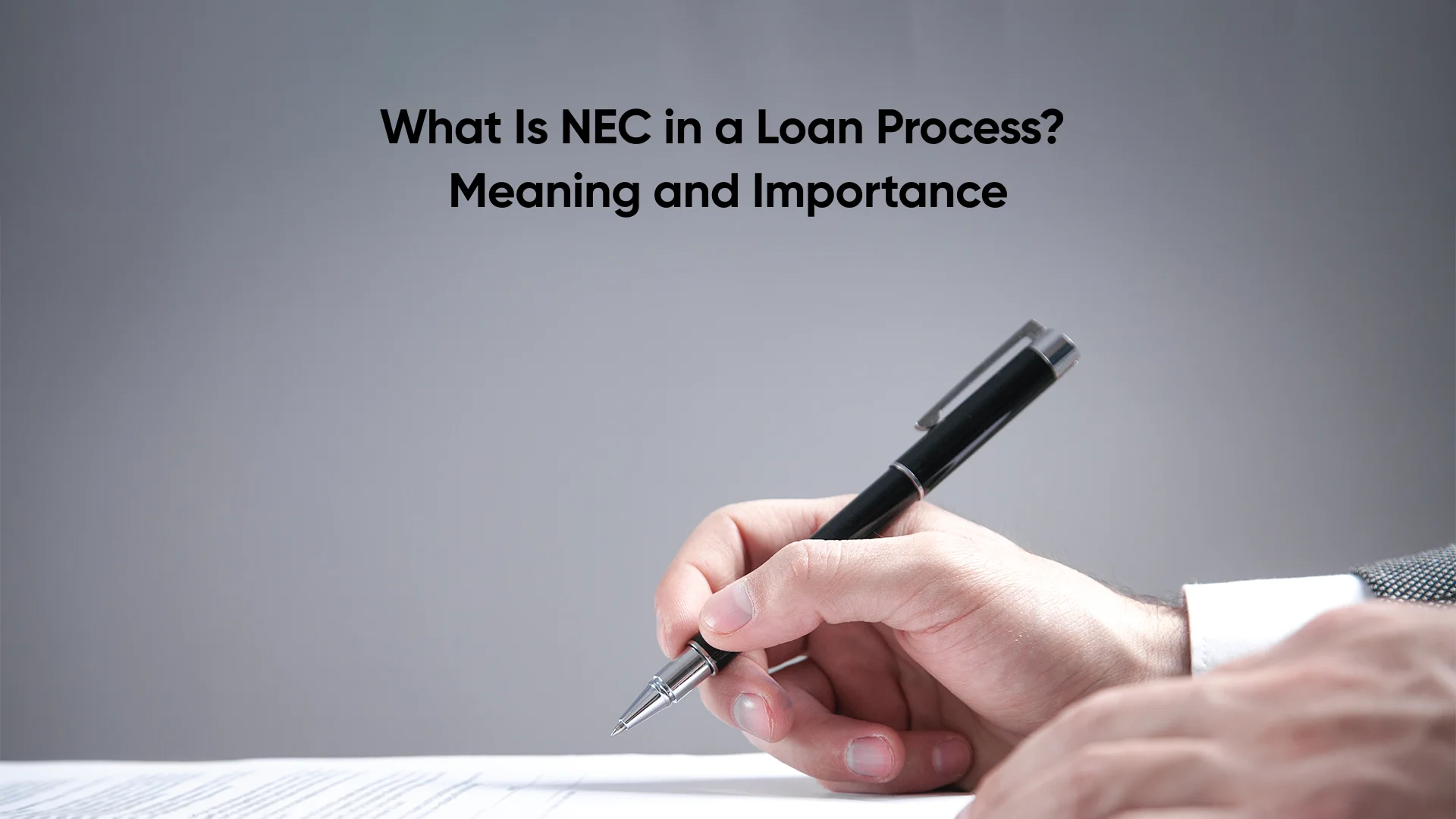Paying Off Credit Card Debt With a Personal Loan: Pros & Cons
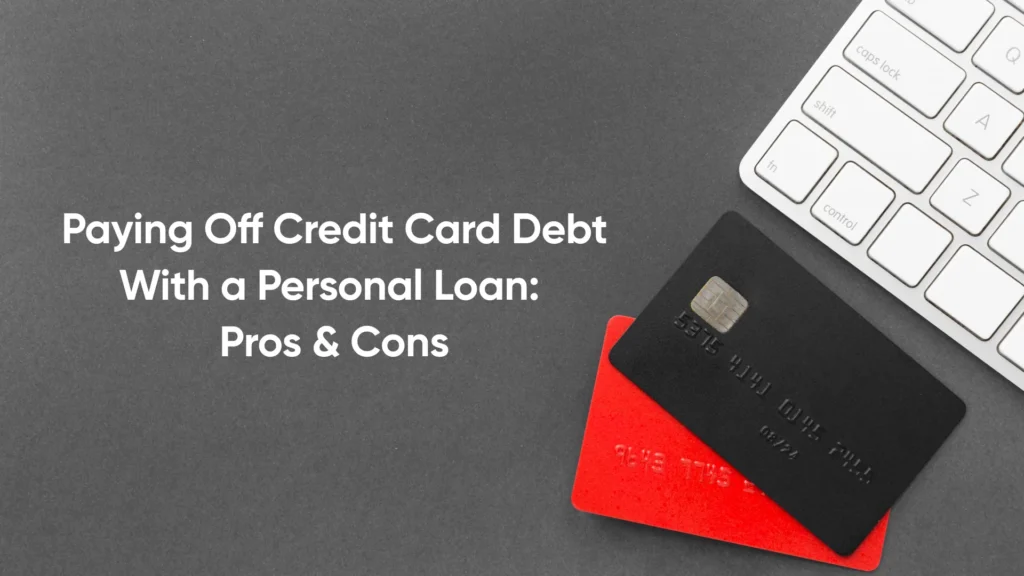
Credit card debt can feel overwhelming, especially when high interest rates make it harder to pay off. One smart option that might help ease the burden is opting for a personal loan but is it the right solution for you?
While a personal loan can offer relief, it’s not a quick fix in some cases. In this article, we’ll explore the pros and cons of using personal loans for managing credit card debt, helping you make an informed decision for your financial future.
Table of Contents
ToggleWhat is Credit Card Debt and Personal Loans
Credit card debt and personal loans are terms many of us have heard of but understanding how they work and how they differ can make a big difference in managing your finances.
Credit Card Debt: When you use your credit card to make any purchase, you utilize money from your credit limit. This amount needs to be paid back to the credit card company within the due date. If you are unable to pay the amount owed, that amount gets carried forward to the next month along with interest charged on it. It functions more or less as an unsecured loan. Credit bills can be paid any time before or on the due date
Personal Loans: Personal loans are typically unsecured loans. It can be utilized for personal reasons like debt consolidation, home repairs, medical emergencies or any other such expenses. The loan amount is disbursed upon loan approval, after which the loan repayment begins. The repayment amount is fixed and paid on a fixed date.
How Personal Loans Can Be Used to Consolidate Credit Card Debt
Consolidating credit card debt with a personal loan can be a strategic way to simplify your finances. You can clear off your credit card debt through debt consolidation. Debt consolidation allows an individual to combine all their debt payments into one single monthly payment. Taking a personal loan is one type of debt consolidation. Instead of juggling multiple credit card payments with varying due dates and interest rates, a personal loan allows you to combine all your debt into one fixed loan. This can make it easier to manage, as you’ll only have to focus on one monthly payment.
Here’s how a personal loan can help to consolidate credit card debt
Simplified payments: Debt consolidation simplifies repayments into one single repayment. You do not have to juggle multiple payments and risk missed/ late payments.
Lower interest rates: When you choose a lower interest rate option, you can potentially save costs and get debt-free sooner.
Fixed Payment: Personal loans have fixed monthly payments making it easier to budget and manage other expenses.
Improved credit score: Making timely repayments gives you the opportunity to build a good credit score.
Consolidating your credit card debt with a personal loan is a smart way to manage multiple high-interest debts more effectively and reduce financial stress.
Advantages and Disadvantages of Using a Personal Loan to Pay Off Credit Card Debt
Advantages
- Easy Repayment Schedule: One of the advantages of taking a personal loan is debt consolidation. You can pay off multiple credit card debts and have only one single loan payment. This is easier to manage than paying multiple credit bills each month.
- Lower Interest Rates: Personal loans often have lower interest rates than credit cards. This helps you save on interest and become debt-free faster.
- Simplified Payments: Combine multiple debts into one monthly payment.
- Fixed Repayment Schedule: Clear end date for repayment with predictable EMIs. You don’t have to juggle different bill payment dates of your credit bills.
- Improved Credit Score: Timely payments can improve your credit score and reduce credit utilization.
Disadvantages
- Fees and Charges: Personal loans may have processing fees or prepayment penalties. These fees may offset the savings you expected to make. Consider the fees along with the monthly EMI amount before you choose a personal loan.
- Risk of New Debt: If you continue using credit cards without financial discipline, you may fall into the debt cycle and accumulate more debt.
- Longer Commitment: Personal loans often lower monthly payments, but a longer repayment term means you’ll stay in debt longer. While this offers immediate relief, it’s important to consider that an extended term increases the total interest paid over time, making the loan more expensive overall. Always evaluate if tenure is feasible to save on interest.
- Approval Challenges: One may find it difficult to get loan approval if they have a low credit score.
Steps to Consolidate Credit Card Debt with a Personal Loan
Here are the steps to consolidate credit card debt with a personal loan:
- Assess All Debts: Make a list of all the debts, their balance, the interest rate on each credit and monthly payments on each one.
- Check Credit Score: Check if you have a good credit score to improve your chances of loan approval at favourable terms.
- Explore Debt Consolidation: Check out various consolidation options like personal loans, balance transfer credit cards, or home equity loans, and pick the one that suits your needs.
- Compare Loan Options: If you opt for a loan, choose a loan with a lower interest rate.
- Transfer Credit Card Balance: Once your loan is approved, transfer your credit card balance to the personal loan.
- Timely Repayment: Make regular payments as agreed in the loan agreement.
Factors to Consider Before Making a Decision
Want to check if clearing credit card debt with a personal loan is the right option for you? Consider these factors:
- Check Interest Rates: Evaluate the interest rates on existing credit bills with a personal loan. It is a smart decision to take a personal loan if the interest rate is lower than the interest on credit.
- Consider Additional Charges: Other than the interest rate, there are other charges like processing fees, annual fees, etc. that a lender may charge. Ensure these charges don’t offset the cost you are trying to save on interest.
- Loan Tenure: Understand the implication of the loan term. For instance, a longer loan tenure may seem a feasible option, however, you make repayments for a longer period.
- Financial Discipline: You need to assess your spending habits to avoid accumulating further debt.
- Credit Score: Taking a loan affects your credit score temporarily, as the lender carries a hard inquiry on your account. Ensure you have a good credit score before taking a personal loan.
Conclusion
Using a personal loan to pay off credit card debt can be a smart strategy but only if one is financially responsible in the long run. It is imperative that one does not fall into bad spending habits.
Before making a decision, assess loan terms, fees, and your ability to stay disciplined with repayment. If a personal loan aligns with your financial goals and helps you break the cycle of debt, it could be a wise decision. Otherwise, explore other repayment strategies. To conclude, the best financial decision is one that sets you up for long-term success.
Frequently Asked Questions
How Can A Personal Loan Help In Paying Off Credit Card Debt?
Personal loans can be used for debt consolidation, as the interest on personal loans is lower than that of credit cards.
What Are The Benefits Of Consolidating Credit Card Debt With A Personal Loan?
Consolidating credit card debt with a personal loan helps you lower interest rates, simplify payments into one monthly EMI, and save money over time.
Are There Any Risks Associated With Using A Personal Loan To Pay Off Credit Card Debt?
Yes, there are a few risks associated with using a personal loan like accumulating more debt, additional cost, impact on credit score and longer repayment terms.
How Does Consolidating Debt Affect My Credit Score?
Consolidating debt can improve your credit score if you make timely payments on the new loan, as it lowers your credit utilization ratio. However, missing payments on the new loan may hurt your score.
Are There Alternatives To Using A Personal Loan For Managing Credit Card Debt?
Yes, alternatives include balance transfer cards with 0% APR, debt management plans, creditor negotiations, debt snowball/avalanche methods, or increasing credit card payments.
What Are The Typical Interest Rates For Personal Loans Compared To Credit Cards?
Personal loan interest rates typically range from 10% to 34% annually, while credit card rates are higher, often between 30% to 45% annually, making personal loans a more cost-effective option.
Can I Consolidate Multiple Credit Card Debts Into A Single Personal Loan?
Yes, you can consolidate multiple credit card debts into a single personal loan, simplifying payments and potentially lowering your overall interest rate.
YOU MAY ALSO LIKE

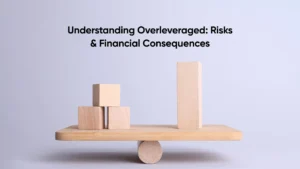
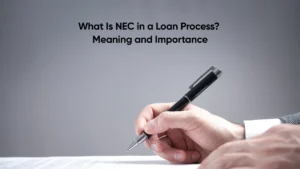
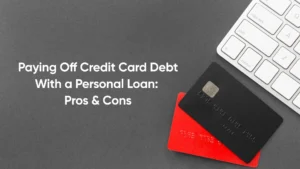
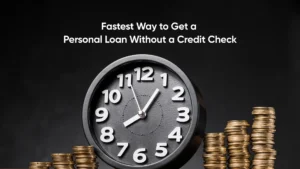

Search by posts
Recent post
Categories
- Blog (5)
- Credit History (35)
- Credit Line (7)
- Festive (3)
- Finance (15)
- Mutual Fund (17)
- Personal Loan (261)
- Tax (8)
- Zype (4)


